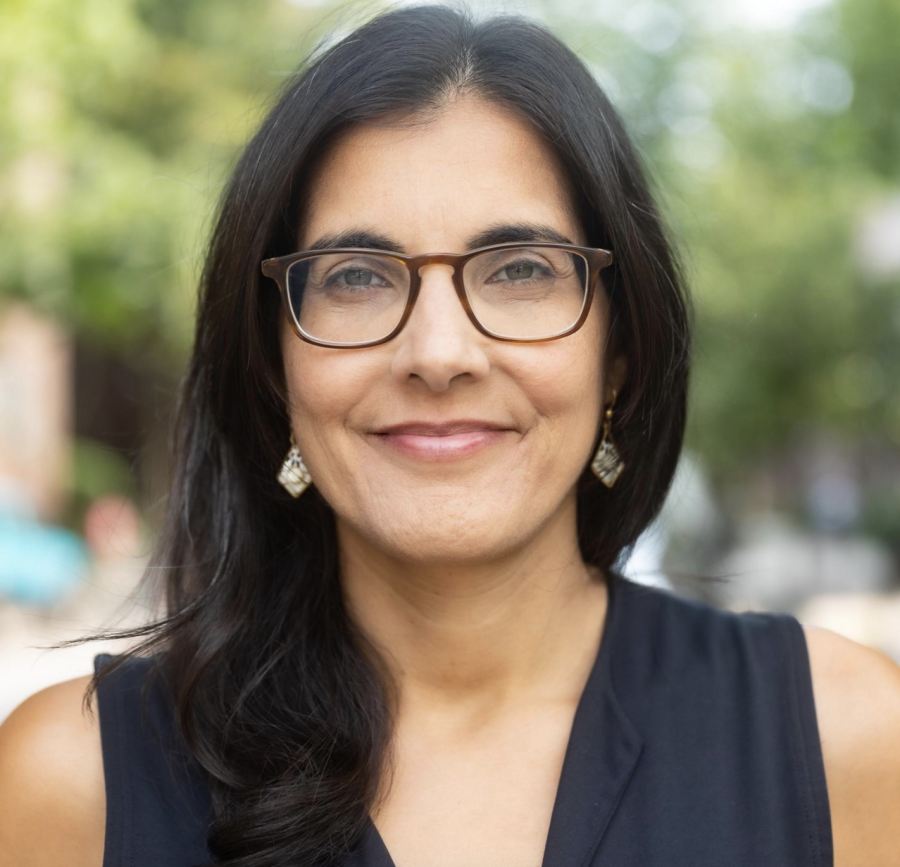“El Carrito” Director Zahida Pirani shares themes of support in immigrant communities, draws inspiration from her upbringing
March 13, 2022
Premiering on March 12 at SXSW, “El Carrito,” a short film directed by Zahida Pirani, captures Nelly, a street vendor, after she makes a risky decision for her business. Battling with trusting her community and following her individualistic mindset, Nelly’s journey highlights the street vendor community in Queens, New York.
The Daily Texan spoke to Pirani about telling the stories of working class immigrant women accurately and drawing inspiration from her upbringing and people from her community.
Daily Texan: Where did the story for “El Carrito” come from?
Zahida Pirani: “El Carrito” comes out of a documentary film I made several years ago, “Judith: Portrait of a Street Vendor.” I am Indian American, but I grew up in a working class Mexican American neighborhood in North County, San Diego. I’ve grown up in working class, immigrant communities, and I worked as a community organizer for many years in New York City. A lot of my friends work in the street vendor community, so I was interested in making a documentary film about the immigrant experience. That’s how “Judith: Portrait of a Street Vendor” happened. When I would go out with Judith every day, she would be concerned about her cart being stolen. What if we took that and applied it to a character who’s very untrusting of her world?
DT: Is there someone in your life you see Nelly in?
ZP: The women I knew growing up had to hold down everything –– they were the primary breadwinner. Women in the immigrant worker community do a lot. There’s a lot of that in (Nelly), and there’s a piece of me in every character I write. Judith was an inspiration, but she’s definitely one of many. Our stories don’t get told. People want (a) victim tale, and that’s not what I was trying to do. I was trying to portray how strong our women are. They’re human beings and have flaws. Nelly is not the most likable person, and it’s okay.
DT: You partnered with local vendors and had crew members from Queens. Why was it important to include them in the process?
ZP: In order to tell the kind of story I wanted, I had to involve the community. What I bring to filmmaking is putting people in positions they may not otherwise be in. My production designer runs a street vendor organization. She’s never done production design, and she did production design, costume design, hair and makeup. All the street vendors let us borrow stuff, and it was because she knows that world so well. We were able to replicate (the community), and it was authentic. We had a vendor on set, helping us with, ‘This is how it looks in reality. This is what she would say.’ The community believed and trusted me in telling the story, (and) I felt supported. The theme of (finding support) is how we made the film.
DT: How do you feel about the film premiering at SXSW?
ZP: It feels special because it’s our two year anniversary this week of shooting the film. SXSW connects filmmakers (and) creates an atmosphere of support –– it’s very fitting (for) this film. I’m so excited and happy to be here.
















